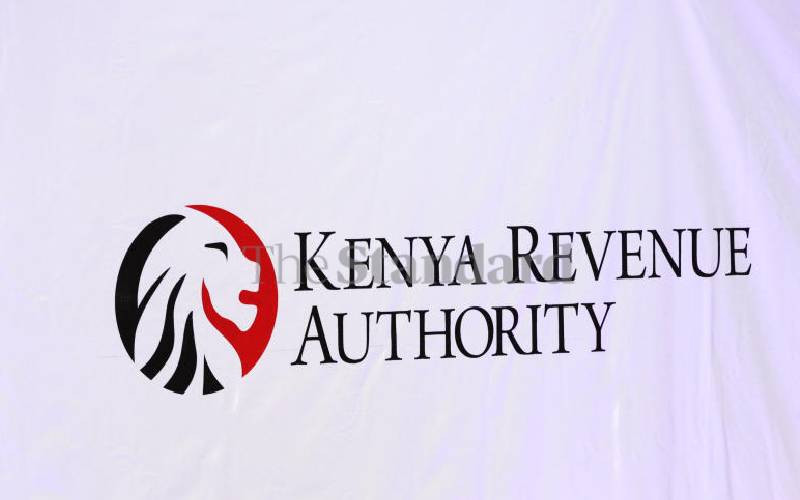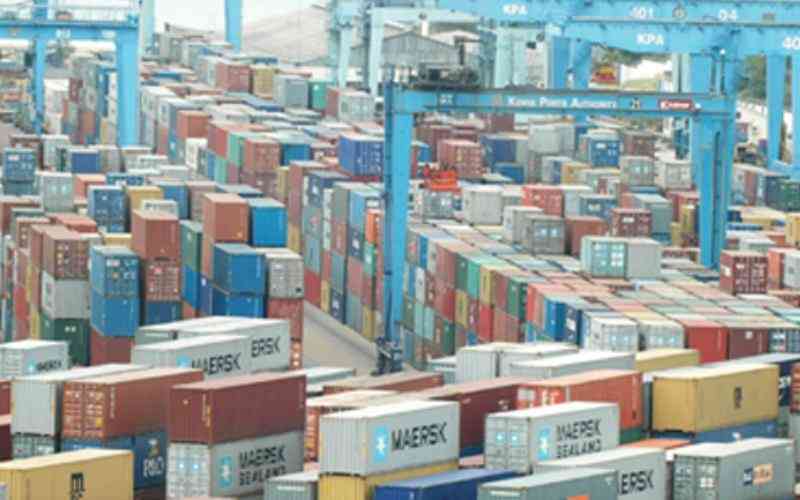×
The Standard e-Paper
Smart Minds Choose Us

The Kenya Revenue Authority (KRA) could miss out on tens of millions of shillings in tax revenue from the sale of Wananchi Group Holdings Ltd to Axian Telecom Ltd (ATL).







